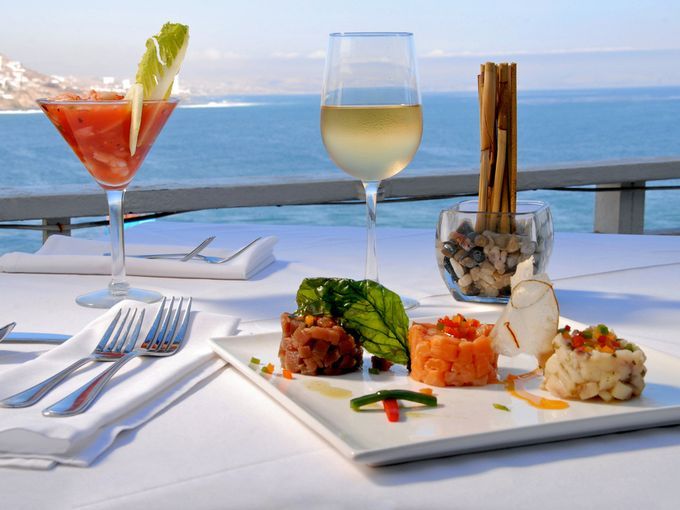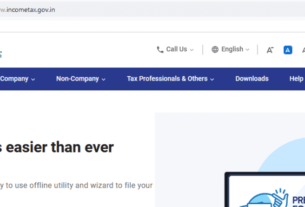
The Central Board of Direct Taxes, under the purview of the Department of Revenue, has said GST will provide a “big relief” to small traders, manufacturers, and restaurants.
In most states, taxpayers like manufacturers, service providers, and traders with annual turnover below Rs. 20 lakh “need not pay any GST and need not register”, according to the CBEC. This limit is Rs. 10 lakh for Assam, Arunachal Pradesh, Manipur, Meghalaya, Mizoram, Nagaland, Tripura, Sikkim, Uttarakhand, and Himachal Pradesh, it added.
Besides, those with annual turnover up to Rs. 75 lakh can opt for the composition scheme, which enables them to pay tax at a flat rate without input credits.
The composition scheme is optional and the limit is Rs. 50 lakh in Assam, Arunachal Pradesh, Manipur, Meghalaya, Mizoram, Nagaland, Tripura, Sikkim, and Himachal Pradesh, the CBEC said.
Eating out could get cheaper in some cases under GST. The new indirect tax system will subsume service tax and value-added tax (VAT) charged at restaurants. Air-conditioned restaurants will attract GST at the rate of 18 per cent on food bill.
Non-AC restaurants will attract a 12 percent GST. However, restaurants that have both AC and non-AC seating options will be charging service tax as per AC restaurants at 18 percent. The CBEC also explained the tax rates under the compositions scheme:
| GST rate of Composition | ||
| Traders 1% | Manufacturers 2% | Restaurants 5% |
- In the service sector, Composition Scheme is available only for one sector – restaurants
- The composition scheme is not available for manufacturers of tobacco and manufactured tobacco substitutes, pan-masala and ice-cream, and other edible ice, whether or not containing cocoa
- The dealers who opt for the composition scheme have to file only one quarterly return with details of total turnover
- The invoice with details are not necessary and the bill of supply will suffice
- Small taxpayers are not required to give HSN code in their returns
- However, in this option, no input tax credit can be taken or passed on
- With online registration, return, payment, refund, and other processes, delays and discretion would be reduced
- Reduced compliance burden
- Special dispensation for job work to help job workers in the GST regime
Related Content
Composition Scheme Last Date
The last date to opt for the composition scheme in FY 2021-2022 is 31st March 2021. more
GST Return News update
The GST Annual Return is further extended till 31st March 2021 of FY 2020-21. more
Newsletter update on GST in India
Subscribe for the latest news updates on GST in India. Receive the notification in your email inbox. more
Current News on GST Council Meeting
Check out the latest news on GST meetings held and upcoming schedules. more



